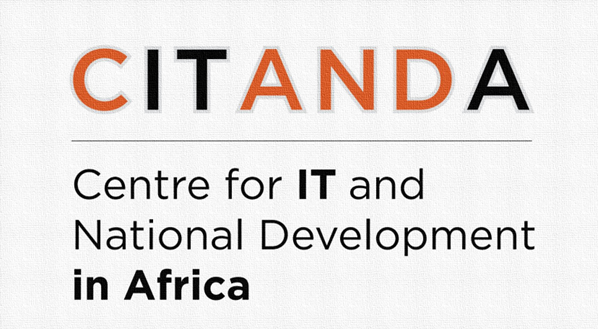Abstract
Access to ICTD projects has increased over the years; however, they have not significantly changed the lives of the targeted communities. This discrepancy relates to the gap that exists between the reality of the community, its needs and the ICTD strategy of the project. This research paper presents a Needs-ICTD strategy alignment framework to support the alignment of ICTD strategy, and the development and promotion of contextual needs of marginalized areas. The framework also contributes to the identification of preliminary impact indicators, which can support impact assessment. Through a multi-case study investigation of the Siyakhula Living Lab and the SAP Living Labs, key findings indicate that a lack of involvement of local stakeholders in the development and alignment of ICTD strategy has negative implications. These include failing to understand the holistic needs of the community with available resources, and the inability to provide appropriate information on opportunities for the general development of the community.


